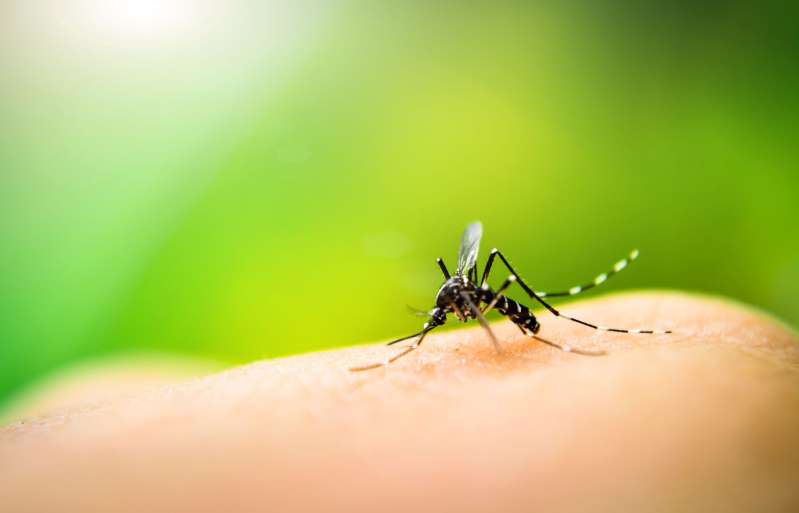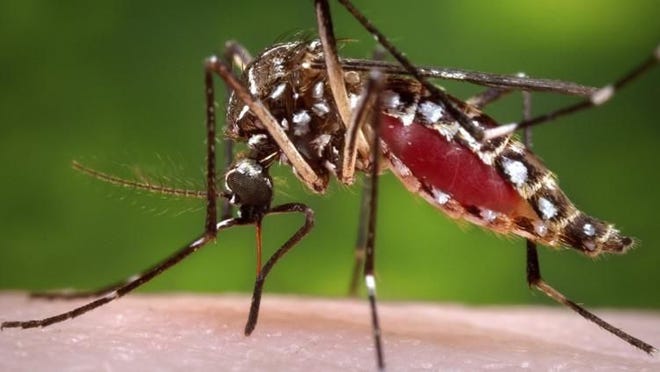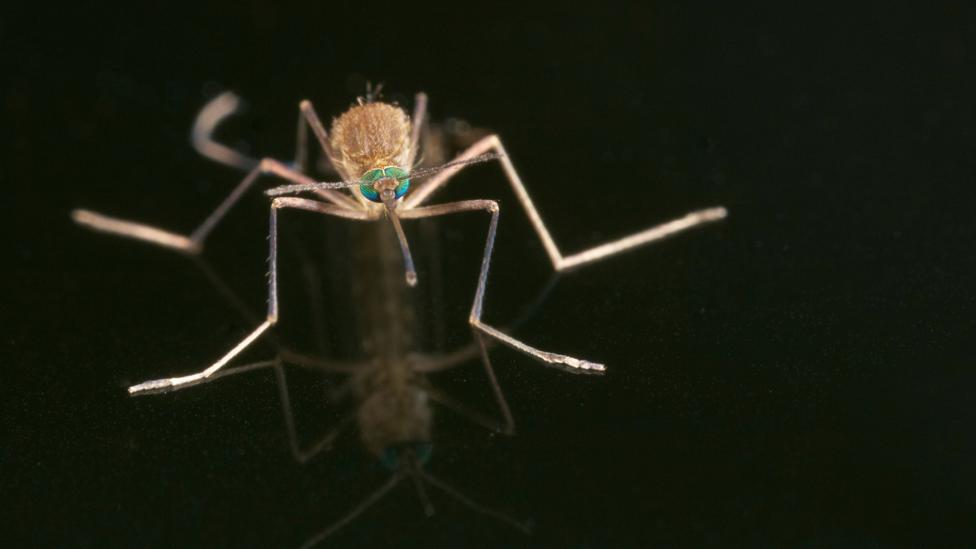The Environmental Protection Agency (EPA) has approved an experiment by Oxitec to release millions of GM mosquitoes in Florida and Texas.
According to EPA:
"To meet today's public health challenges head-on, the nation needs to facilitate innovation and advance the science around new tools and approaches to better protect the health of all Americans."

Even though Oxitec will release these insects in Florida and Texas, they'll likely migrate to other regions.
Of course, the company will need approval from each state and federal EPA to release the insects in other states.
The permit, which lasts for two years, requires Oxitec to 'monitor and sample the mosquito population weekly.'
Why Would a Company Invest in Creating a New Species of Mosquito?

What purpose do these insects serve?
Remember a couple of years ago when people — especially expectant mothers — were concerned about contracting the Zika virus?
This virus can cause a congenital disability called microcephaly: underdevelopment of the head and brain. Female mosquitos transmit the virus.
Well, scientists argue that these GM mosquitos can help eliminate female mosquitos. As a result, it prevents the spread of the Zika virus.
These mosquitoes can also prevent other diseases such as dengue, chikungunya, and yellow fever.
How Does It Work?

Male mosquitoes don't bite. They feed on flower nectar, hence, harmless to humans.
But female mosquitoes use blood to grow their eggs.
Oxitec developed a male mosquito with a unique gene that prevents female offspring from surviving to adulthood.
These males grow up, mate with wild females, and over time, the number of disease-causing mosquitos declines.
Of Course, There Are Some Concerns
There's a growing concern among scientists that the technology may not be ready for deployment.
And many experts are warning about the potential unintended consequences that might come from unleashing these insects.
For example, allergic reactions the mosquitos can bring to humans.
The scientists also pointed out that researchers need to restudy the risk assessment of the experiment.
They noted that the new risk assessment procedures should be more transparent and open to the public. In doing so, researchers can monitor the studies and be confident that everything is above board.
Despite these concerns, the release of the GM mosquitos is underway in Florida.
The Texas releases aren't scheduled until 2021.



